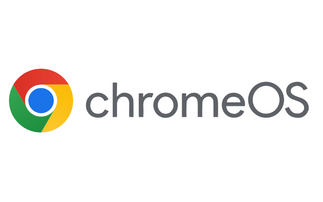Ten years on from its stock market debut, we look back at some of the innovations that have boosted Google's strength
Here's a sobering thought: if you'd invested $10,000 in Google when it launched on the stock market on 19 August 2004 at $85 a share, you'd now be sitting on an investment of around $70,000, with i...
To continue reading this article...
Join Computing
- Unlimited access to real-time news, analysis and opinion from the technology industry
- Receive important and breaking news in our daily newsletter
- Be the first to hear about our events and awards programmes
- Join live member only interviews with IT leaders at the ‘IT Lounge’; your chance to ask your burning tech questions and have them answered
- Access to the Computing Delta hub providing market intelligence and research
- Receive our members-only newsletter with exclusive opinion pieces from senior IT Leaders





















